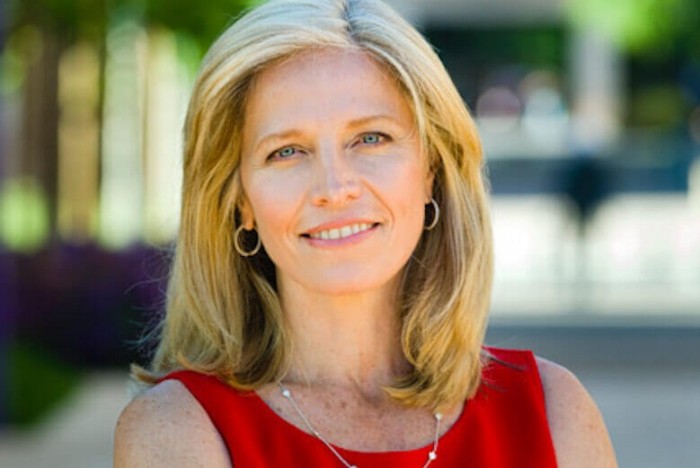But, with this year’s Graduate Management Admission Council (GMAC) Application Trends Survey Report showing 70% of two-year full-time MBA programs in the US surveyed reporting a drop in application numbers, and international applications down across the board of graduate management education programs in the US, it would be naïve to take things for granted.
Indeed, Kirsten Moss, assistant dean and director of MBA admissions and financial aid at Stanford, indicates that taps into the biggest challenge facing the school’s admissions team.
“Our biggest challenge is getting our message to high potential leaders throughout the globe,” she says. “Our goal is ambitious—encouraging any big dreamer with aspirations to change lives, change organizations, or to change the world to consider applying. Stanford’s door is open to anyone from anywhere who fits this ambition.
“We keep a careful watch on test taker data. At this point, we still have a very robust international applicant pool, so I am grateful that we remain an interesting option for candidates outside of the US who apply.”
Candidates come in all shapes and sizes, says Kirsten. In the current class there is a journalist, a professional athlete, fighter pilot, and even a salsa maker extraordinaire, in addition to many students who come from a more traditional business background.
But they all have one thing in common, Kirsten adds—they challenge the status quo, act with integrity, and catalyze the generation of fresh ideas.
“We are looking for individuals who have had a positive impact on their organizations and communities.
“I think many applicants believe that we favor certain kinds of universities, industries, or job roles. In fact, we are most interested in what candidates have done wherever they have been.”
Kirsten says that successful candidates to Stanford Graduate School of Business have often had insights that have shaped the direction of their teams or organization. They’ve also highlighted tangible leadership behavior.
“We know that past behavior is the best indicator of what you may do in the future,” she explains. “We consider, where have you invested your efforts in the past and what difference has it made?
Kirsten says she recalls one student who is driven by educational access for all and helped create a non-profit to train teachers in Asia. Another, she adds, is passionate about healthcare after working with a professor in college to research how cancer cells move.
There is also a student with a strong financial background who helped design a new algorithm to trade oil futures.
“Our goal is ambitious—encouraging any big dreamer with aspirations to change the world to consider applying”
They all learn from one another and bring their own areas of expertise into the MBA classroom. Students from consulting may work tirelessly to help their clients achieve greater results, while others in technology might help their companies engineer or launch a new product.
Furthermore, a strong GMAT score is not the be-all-and-end-all. “Though we consider GMAT test scores, they are only one data point in the application and should not determine whether you apply to the GSB,” Kirsten says.
Diversity among the cohort is key as well. Students in the Full-time MBA class of 2020 at Stanford represent more than 60 countries, 170 undergraduate institutions, and 300 organizations.
“We look for the perspective you can bring to our community,” explains Kirsten. “What experiences have you had that have shaped how you see the world? We often learn about this in your application essay—what matters most, and why.”
She also has a message for potential applicants who may be on the fence, unsure whether Stanford Graduate School of Business is an attainable goal for them.
“If you are on the fence, ask yourself what you are most proud of,” Kirsten advises.
“What have you done that has contributed to the lives of others? Maybe you’re a researcher who has contributed to getting a paper published. Maybe you’re a mentor who helped run your training program.
“If you have stories to tell about what has been important to you, we want to hear them.”







